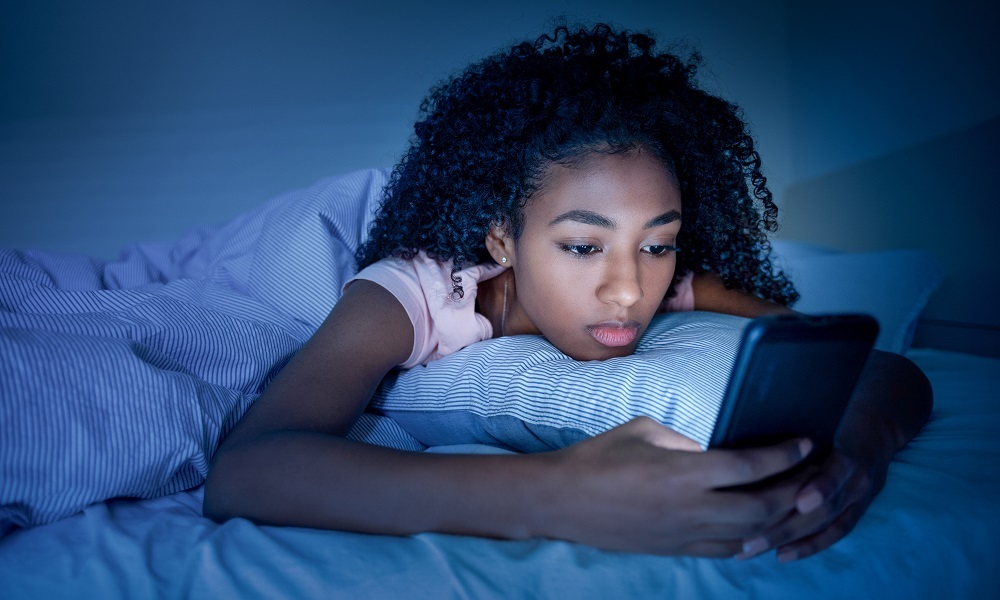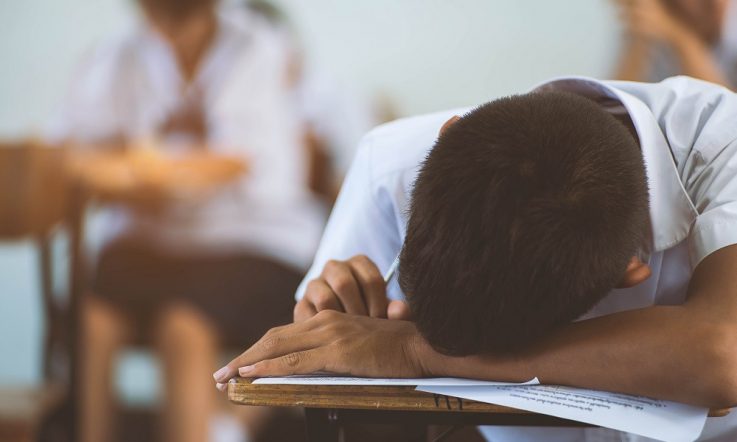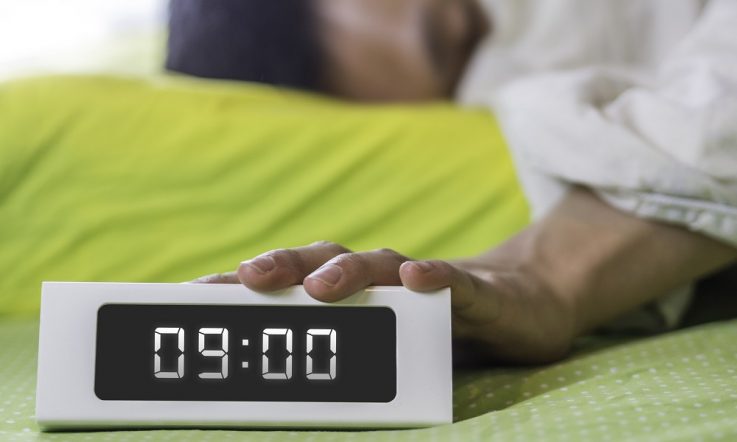Many teenage students are not getting enough sleep each night. In fact, many young people themselves report not having enough sleep to be able to concentrate on their schoolwork.
New research from the University of South Australia has analysed the sleep habits of boarding and day students to see how they differ, and to identify if one group gets higher quality sleep. It also investigated the relationship between sleep and psychological wellbeing.
In a paper sharing their findings – published in The British Psychological Society – the research team say that while there are an estimated 20,000 adolescents attending secondary boarding schools in Australia, little is known about their sleep.
Existing research with older boarding students attending university has found the uncomfortable, unfamiliar, and noisy nature of residential bedrooms can lead to disrupted sleep. ‘The general consensus is that compared to day students, sleep [for secondary boarding students] is also more disrupted, but paradoxically may be longer,’ the authors write in their paper.
Their findings confirmed that secondary boarding school students in their study appear to get more sleep than day students. In fact, they found boarding students are getting an average of 41 minutes more sleep each night.
‘Sleep is an extremely important, but typically overlooked, facet of health,’ co-author Dr Alex Agostini, Lecturer in Psychology at the University of South Australia, tells Teacher.
‘Adolescents tend to get less sleep than they need for a variety of reasons, including biological changes that occur across puberty and psychosocial factors/changes, including technology use and environment (think rules set by parents, but also things like school start times, extracurricular and social activities, after school employment, etcetera).’
What did the research involve?
The research involved a mixed-methods analysis of 309 students across years 7 to 12 from one Adelaide school.
The participants (250 day students and 59 boarding students) were asked questions about their sleep during the most recent school week in a survey. This involved providing details such as their bedtime, wakeup time, and how often they woke up during the night. They were also asked about their technology use at bedtime and how safe they felt in bed at night.
The research also included a psychological wellbeing survey in order to explore the relationship between the sleep habits of these students and their psychological wellbeing.
‘There’s a strong link between sleep and mental health, where those who don’t get enough sleep typically have poorer mental health, and those who have poorer mental health also tend to have poorer sleep,’ Dr Agostini says.
‘The more we know about sleep and its relationship with mental health, the more we can advocate for changes to health behaviours (sleep environment, rules around technology, pre-bedtime routines, etcetera) to improve adolescent health.’
The research findings
The results of this study found boarding students had, on average, an extra 41 minutes of sleep each night than day students. This is because they went to sleep earlier, on average, than day students (at 10:50pm, compared to 11:10pm) and woke up later (on average at 7:16am, compared to 6:56am).
It was also found that poor sleep was an independent risk factor for psychological distress in both boarding and day students.
Focus groups with 13 boarding students were also completed as part of this research. At the school these students attend, students in years 7-10 share a room with one other student, and students in year 11 and 12 have their own room. The focus group participants reported that sharing a room was viewed positively as a way to promote friendship and reduce homesickness.
The focus groups also revealed that most students found the boarding environment to be more conducive to sleep than their home environment. While some said feelings of homesickness had an impact on their sleep, many students mentioned that the rules and routine in the boarding environment helped facilitate sleep.
Reducing technology use before sleep
Notably, the boarding students recognised that a major contributor to good sleep was the prohibition of mobile phone use at night in accordance with the rules at the boarding school.
‘However, they said if the rules weren’t in place, [they] wouldn’t voluntarily put their phones/other tech away before bed,’ Dr Agostini tells Teacher.
‘One major thing I encourage everyone who cares for an adolescent to consider is that adolescent’s pre-bedtime routine. The biggest piece of advice I have is to encourage teens to put technology away one hour before bed to help improve sleep. With the pre-bedtime routine, doing the same thing every night before bed at around the same time essentially trains the body to fall asleep at that time, improving sleep duration and quality,’ she shares.
‘There’s always the need for further research, particularly in younger age groups in a world where technology and other facets of life are constantly evolving.
‘Personally, I’d like the opportunity to be able to investigate sleeping environments and rules and regulations around bedtime and technology use in different boarding schools to see how these differ and whether these differences are related to sleep in the students.’
References
Reardon, A., Lushington, K., Junge, A., Crichton, J., & Agostini, A. (2023). Boarding versus day-students: A mixed-methods analysis of sleep and its relationship with psychological distress. British Journal of Educational Psychology, 00, e12624. https://doi.org/10.1111/bjep.12624
Considering the strong link between sleep and mental health, reflect on the initiatives that are in place at your school to support students’ health and wellbeing. Do any of these initiatives include educating students about healthy sleep habits, for instance, the positive impact of reducing screen time before sleep?



